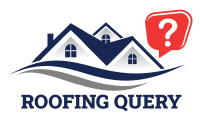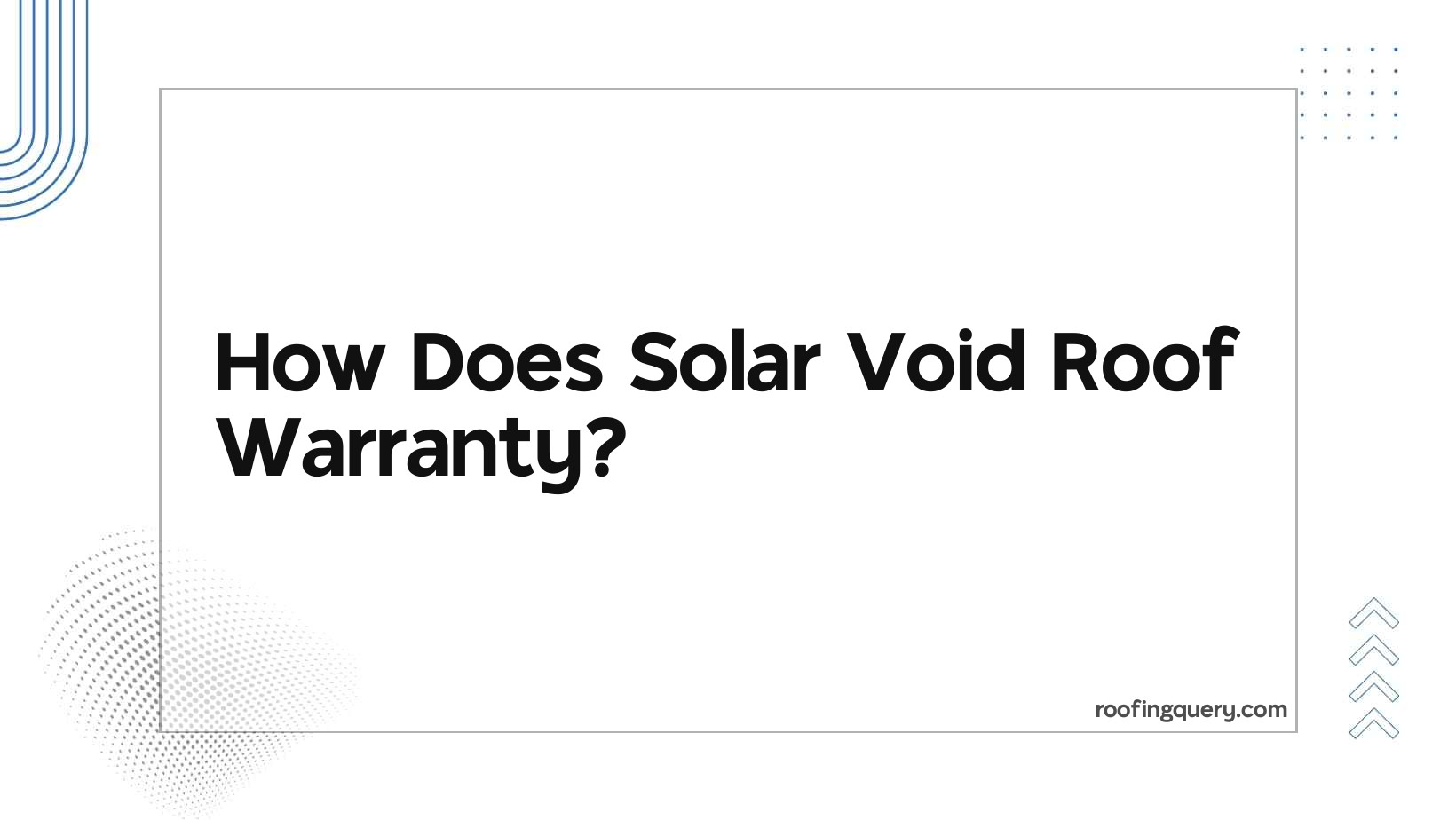Most solar warranties specifically exclude roofing systems from coverage.
If you have a solar panel system installed on your roof, it’s important to know that most solar panel manufacturers void the roof’s warranty if damage is caused by the panels. That’s because the panels are installed with screws and other fasteners that penetrate the roofing material, and if the installation is not done properly, it can cause leaks. In addition, the weight of the panels can also damage the roof.
If you’re considering solar panels for your home, be sure to ask the solar panel company if they offer a roof warranty, and if so, what it covers. You should also ask your roofing contractor if they’re familiar with installing solar panels and if they offer a warranty on their work.
If you have any questions about whether your roof warranty will be voided by solar panels, be sure to ask a roofing professional. They can help you understand the risks and benefits of going solar, and they can also help you find a solar panel company that offers a roof warranty.
How Does Solar Void Roof Warranty?
Solar voids roof warranty by causing leaks.
If you’re considering solar for your home, you may be wondering if it will void your roof warranty. The answer is maybe. It depends on your roofing material and the specific warranty.
Most roofing companies offer a warranty on their products. These warranties usually cover defects in materials and workmanship. They may also cover damage from wind, hail, or fire. But, they generally don’t cover damage from solar panels.
That’s because solar panels are considered an “add-on” to your roof. And, most roofing warranties don’t cover damage from add-ons.
However, some solar companies offer a warranty that covers damage to your roof from their panels. So, if you’re worried about voiding your roof warranty, be sure to ask about this when you’re considering solar panel installation.
Here’s an example:
John has a metal roof with a 20-year warranty. He decides to add solar panels to his home. His roof warranty doesn’t cover damage from the solar panels, but the solar company offers a warranty that does. So, John’s roof is still covered by a warranty, even though he has solar panels.
What Are The Consequences Of Installing Solar Panels On My Roof?
The consequences of installing solar panels on my roof are that I will have lower energy bills and help the environment by reducing my carbon footprint.
If you’re considering installing solar panels on your roof, there are a few things you should know about the consequences of this decision. For one, you may lose some of your roof’s lifespan due to the holes that must be drilled into the roof in order to install the panels. Additionally, your insurance rates may increase slightly to cover the increased risk of having solar panels on your roof. And finally, you may face some challenges when it comes to selling your home, as potential buyers may be put off by the solar panels or may not be willing to pay as much for a home with solar panels.
Despite these potential drawbacks, installing solar panels can be a great decision for many homeowners. Solar panels can help you save money on your energy bills, increase the value of your home, and do your part to help the environment. If you’re considering solar panels, be sure to do your research and talk to a professional to make sure it’s the right decision for you.
Will My Roof Warranty Be Voided If I Install Solar Panels?
No, installing solar panels will not void your roof warranty.
No, your roof warranty will not be voided if you install solar panels. In fact, most rooftop solar systems come with a 25-year performance warranty, so you may even see an increase in the value of your home.
How Can I Tell If My Roof Is Suitable For Solar Panels?
A roof is suitable for solar panels if it is facing south, is not shaded by trees or other buildings, and is in good condition.
If you’re considering solar panels for your home, one of the first things you need to do is check the condition of your roof. Solar panels can be installed on most types of roofs, but there are a few things you’ll need to take into account.
First, solar panels need to be installed in an area that gets direct sunlight for most of the day. If your roof is mostly in the shade, you may not get enough sun to make solar panels worth your investment.
Second, you’ll need to make sure your roof can support the weight of the solar panels. Most roofs are made to support the weight of a few extra people, but if your roof is old or in poor condition, it may not be able to support the weight of the solar panels.
Finally, you’ll need to make sure there’s enough space on your roof to install the solar panels. Most homes have enough space on their roof for a few solar panels, but if you have a small roof or other obstructions, you may need to get creative with your solar panel installation.
If you’re not sure if your roof is suitable for solar panels, the best thing to do is talk to a solar panel installer. They’ll be able to assess your roof and let you know if it’s suitable for solar panels.
I’m Thinking About Getting Solar Panels For My Home – What Are Some Things I Should Consider?
You should consider the climate where you live, the amount of sun your home gets, the size and angle of your roof, and the type of solar panel.
There are a few things to consider when thinking about getting solar panels for your home. The first is whether your home is a good candidate for solar. Solar panels work best on south-facing roofs that are free of shading from trees or other buildings. If your home doesn’t meet these criteria, you may not get as much benefit from solar panels.
Another thing to consider is the cost of solar panels. Solar panels are a significant investment, so you’ll want to make sure you can afford the upfront cost. There are also ongoing maintenance costs to consider. However, solar panels can save you money on your energy bills over time, so they may be a good investment in the long run.
Finally, you’ll need to decide whether you want to install solar panels yourself or hire a professional. Installing solar panels is a complex process, so it’s important to make sure you understand what you’re doing before you attempt it. If you’re not comfortable with the idea of installing solar panels, there are plenty of professionals who can do it for you.
Now that you know some of the things to consider before getting solar panels, you can start to research your options and make a decision about whether solar is right for you.
FAQ
What Are The Benefits Of Solar Energy?
How Do Solar Panels Work?
What Are The Different Types Of Solar Panels?
How Much Do Solar Panels Cost?
Are Solar Panels Worth It?
If you have any questions about the solar void roof warranty, please feel free to leave a comment below.


